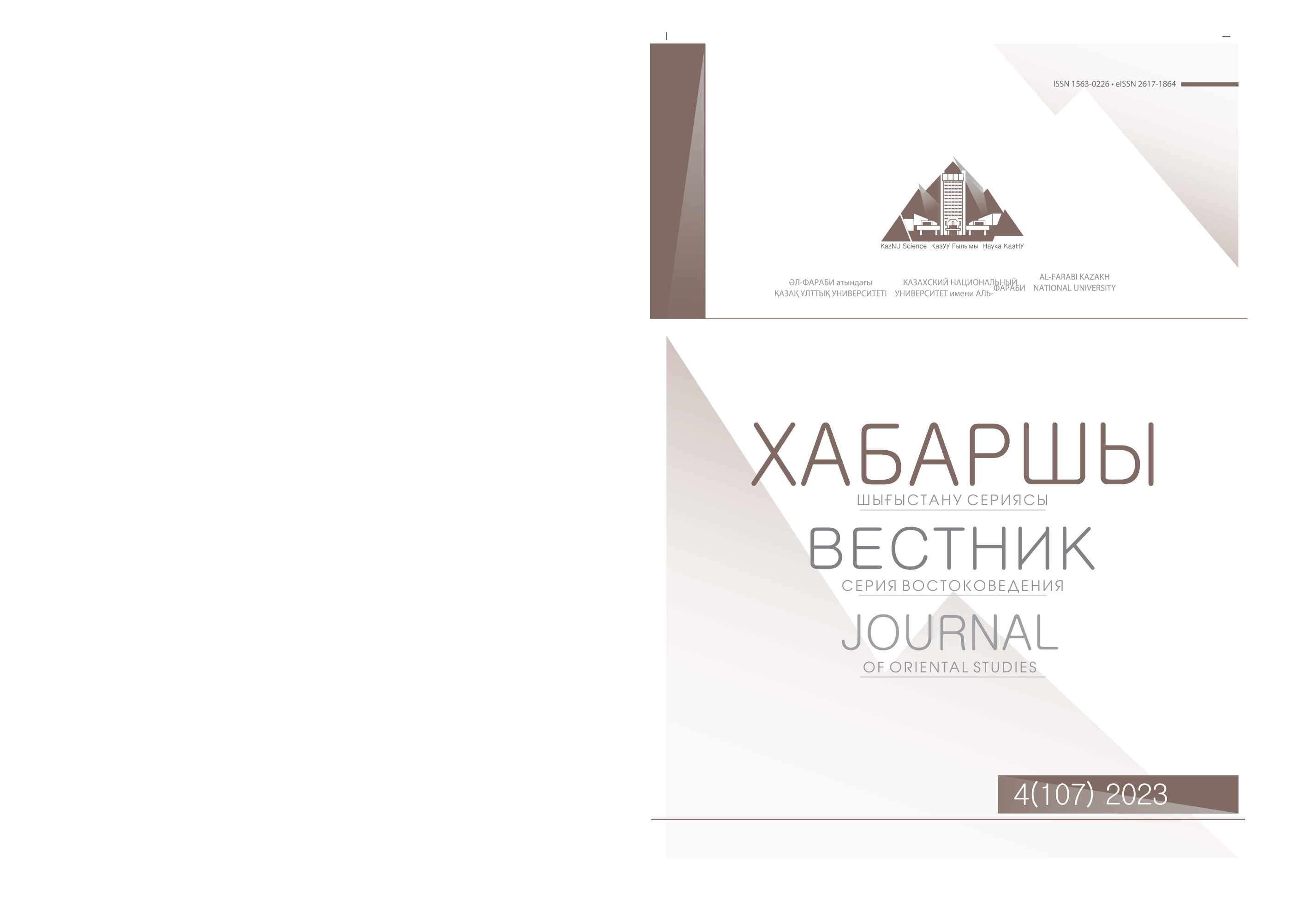«ASRĀR АL-АTIBBĀ’» – THE HERITAGE OF MEDIEVAL TURKIC MEDICINE IN THE PERSIAN LANGUAGE
DOI:
https://doi.org/10.26577/JOS.2023.v107.i4.010Abstract
"Dasht-i Qypchak", which the famous poet, philosopher Nasir Khusrow (1004-1088) first called the Land of the Turks, was the cradle of nomadic and urban culture. It is known that the "Silk Road", which passed through the "Dasht-i Qypchak", had a great influence on the mutual exchange and development of the advanced art, profession, science and culture of different peoples. Among them, in the cities along the trade route, the art of medicine and the profession of medicine making expanded and developed through the exchange of experience of several peoples. The proof of this is the information about oriental medicine on the pages of written sources, many medieval medical and encyclopedic works.
Since in the Middle Ages the developing medical tradition was constantly recorded in the works of its time, and we believe that each ancient work is quite worthy of study. It is known from history that most of the works in the Turkic language were translated from Persian or from Arabic. In the article we study "Asrār al-atibbā" ("The Secret of the Healers") and other medieval medical treatises translated from Turkish into Persian, and their source study significance in steppe medicine.
Key words: Desht-i Kypchak, folk medicine, medieval medical treatises, Turkic medicine, “Asrār al-atibbā’”, “Tansūq-nāme”














